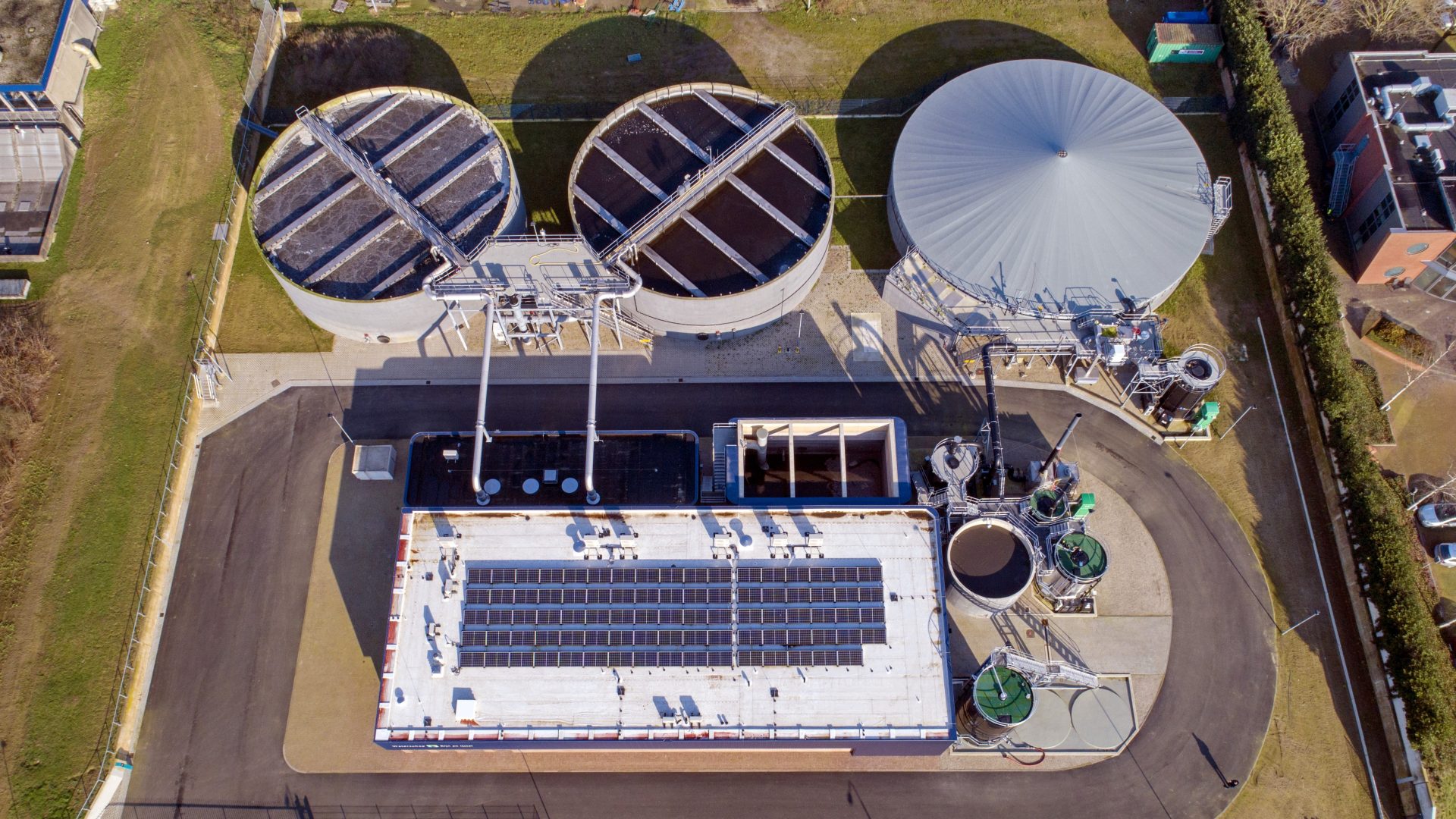Royal HaskoningDHV, the international engineering company, is to implement in Blackburn, Lancashire, the UK’s first-ever Kaumera pilot plant to extract biopolymers from sewage sludge. It is part of a ground-breaking circular economy-inspired project funded by Ofwat’s Innovation Fund.
Under the leadership of United Utilities, UK water companies, partners and potential customers will join forces to assess the technology to recover biopolymers and their viability for use in a host of commercial applications from fertilisers to curing concrete. If successful, the pilot project could radically change the economics of wastewater treatment and enable water companies to generate revenue streams from the extraction of natural bio-chemicals.
A natural source of biopolymers
“Biogas is already extracted from sewage sludge but adding the recovery of useful biopolymers moves the industry higher up the value chain – it’s potentially game-changing,” said Paul Lavender, UK Water Utilities Director at Royal HaskoningDHV. “The global liquid polymer market is worth $1.27 trillion annually and is highly fossil fuel dependent, yet the nation’s water treatment plants offer us a natural source of biopolymers. This new pilot project won’t just demonstrate the extraction technology but will develop use cases by involving the whole supply chain including academia, commercial product developers, and blue-chip end-users.”
Lisa Mansell, Chief Engineer, Innovation, at United Utilities explains:
“The water industry strives to minimise its environmental impact and increase efficiency. This project will explore the recovery of biopolymers such as those from cellulose in toilet paper to naturally derived biopolymers and will be a great example of a circular economy. It will also test the viability of generating new revenue streams which could help us drive down our operating costs and ultimately benefit customers. We are very excited about exploring the possibilities of circular wastewater treatment technologies and applications for a more sustainable future.”
Partners in the project include United Utilities, Severn Trent Water, South West Water, Royal HaskoningDHV, CirTec Cellvation, AquaMinerals, Yara, Glasgow Caledonian University, and Cranfield University.
Blackburn Wastewater Treatment Works already uses Royal HaskoningDHV’s Nereda aerobic granular sludge technology which uses 50% less electricity than conventional aerobic treatment processes to purify wastewater. The extraction technology, developed with research partner Delft University of Technology (TU Delft), has yielded impressive results in plants in the Netherlands and Portugal. Installation of the extraction plant will take place later this year. The project will run until March 2027.
By adding the Kaumera extraction technology, the remaining sludge, as well as sludges from other plants, will be harvested for biopolymers resulting in a base product of Kaumera gel. This base product will be assessed in direct water company uses (i.e. flocculants for wastewater treatment) and for further processing to develop future market opportunities.
Future opportunities
 Kaumera can retain water but also repel it. This opens up a host of industrial, agricultural, and water-related applications. For example, its water-retaining properties could see it used as a bio-stimulant in hot climates where water needs to be released slowly, whereas its water-repellent properties make Kaumera an excellent coating for concrete floors. It could also be used as a composite building material and has flame-retardant properties which could be added to many products including paint.
Kaumera can retain water but also repel it. This opens up a host of industrial, agricultural, and water-related applications. For example, its water-retaining properties could see it used as a bio-stimulant in hot climates where water needs to be released slowly, whereas its water-repellent properties make Kaumera an excellent coating for concrete floors. It could also be used as a composite building material and has flame-retardant properties which could be added to many products including paint.
The project will draw on the experience of academia, product developers, and potential customers to explore commercial applications, supply chains, economies of scale, and regulatory issues concerning recovered materials. If successful, it could change the wastewater treatment industry forever, making it an income-generating business.



